In English
3 de agosto de 2018
Active Life
Filipe Oliveira arrived at the offices of the Folha de S. Paulo newspaper holding a cane with an air of tranquility. This time, the reporter, who is used to conducting interviews and has worked in the newspaper’s economic sector for seven years, was interviewed by other junior reporters from São Paulo’s Saint Paul’s School’s fifth
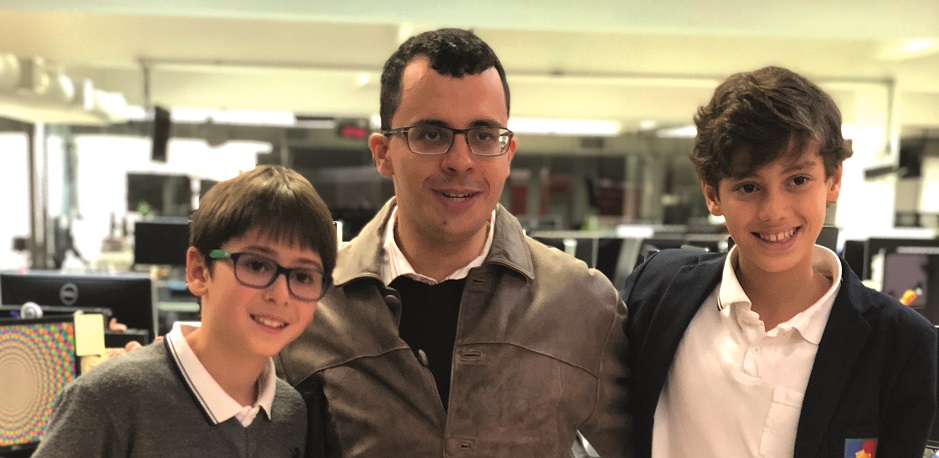
Filipe Oliveira arrived at the offices of the Folha de S. Paulo newspaper holding a cane with an air of tranquility. This time, the reporter, who is used to conducting interviews and has worked in the newspaper’s economic sector for seven years, was interviewed by other junior reporters from São Paulo’s Saint Paul’s School’s fifth year: Matias Gonçalves and Joaquim Martins.
Filipe has an illness that has resulted in the loss of over 90% of his vision. He is a role model on how to deal with everyday challenges with lightheartedness and serenity. After obtaining a degree in music, Filipe started his career in journalism and has continued working in this field ever since. Known by everyone in the editorial staff – from the secretary to reporting colleagues – Filipe writes, checks facts, goes to events, conducts interviews, and travels alone for all his articles.
Check out his interview with JOCA:
How did you get into journalism?
I studied music in college because I played the piano and some acoustic guitar. When I graduated, I started realizing that it would be very hard to remain in the field. I would place the music sheet right in front of my eyes (I have 5% vision) and try to memorize it, but this would take hours, and I realized that it would be very troublesome to do this every day. So, I decided to become a journalist and write about music. I got through the Folha de S. Paulo screening process in 2011 and have been here ever since.
How did you become visually impaired?
I have a disease called retinitis pigmentosa. I found out I had it when I was eight, and at that time, I could see very well. After that, I gradually started having more difficulties reading, seeing street signs, and recognizing people’s faces.
What does it mean to have 5% vision? What can you really see?
I notice differences in light. When it is very bright, I can see large shapes like trees. But it depends on the situation. Now, for example, I can see the light on the ceiling, a little bit of the color of the floor, and your shape. I cannot see faces.
What do you think could be done so the visually impaired can have better mobility?
Nowadays, I can get around in several places by myself. I really enjoy riding the subway for example. When I need help, I can rely on the subway’s employees who take me to the door of the train and wait for me at the exit. If we had more subway stations, it would be easier. On the streets, many of the sidewalks have holes or issues with the pavement which make walking more difficult. The ones with tactile paving (bumps we can feel with our feet or with a cane) make walking a little easier. Not to mention the apps that call drivers which are also very helpful. Things are getting better, but there is still room to improve mobility for the visually impaired.
When you write newspaper articles, do you write straight on the computer or do you write on paper and then type it into the computer?
I write straight on the computer or on the mobile phone. I have memorized the keyboard, so I do not need to worry about where each letter is. I also use a program that reads aloud to me and has a robot voice. It reads out everything I write.
Do you know how to read braille (the reading and writing system for the visually impaired)?
Yes, in college I studied braille a little. In fact, my final paper, which was the most important in college, was about music in braille. I understand how it works, but today there are many more tools for the visually impaired on the mobile phone, so I don’t use it very much. It is hard to find reading content in braille. There aren’t too many books to buy, most have to be borrowed or checked out from libraries.
What do you most like about journalism and what tips would you give someone who wants to follow this career path?
I like to learn about different realities. One day you are writing an article about a school and the next you are interviewing the president of a company. We are always learning something new, it is not very repetitive. A journalist has to be curious and has to know a little about everything. You may not know as much about construction as an engineer does, but you should have a little bit of knowledge about the subject to be able to do an interview and write about it. We have to be ready to learn new things.
What advice would you give someone who is visually impaired?
Do not be sad because you have a disability. You will discover other ways to get to where you want to go, and you will find friends and technologies that will help you. Your life will not be limited by this. Once we understand who we are and what we want to accomplish, we can go far.
What is the braille system?
It is a reading and writing system designed for people who are visually impaired. It has raised dots placed in different positions, forming letters and numbers. People move their hands over the dots to read what is written. This system is often found in elevators, electronic ballots, as well as in books and computer keyboards designed for the visually impaired.
QUESTIONS
1) Why did the reporter use the word “how” in the question, “how did you get into journalism”?
A) So the interviewee can point out when a certain fact occurred.
B) So the interviewee can point out where a certain fact occurred.
C) So the interviewee can explain something.
D) None of the above are correct.
2) Explain how Filipe writes his newspaper articles.
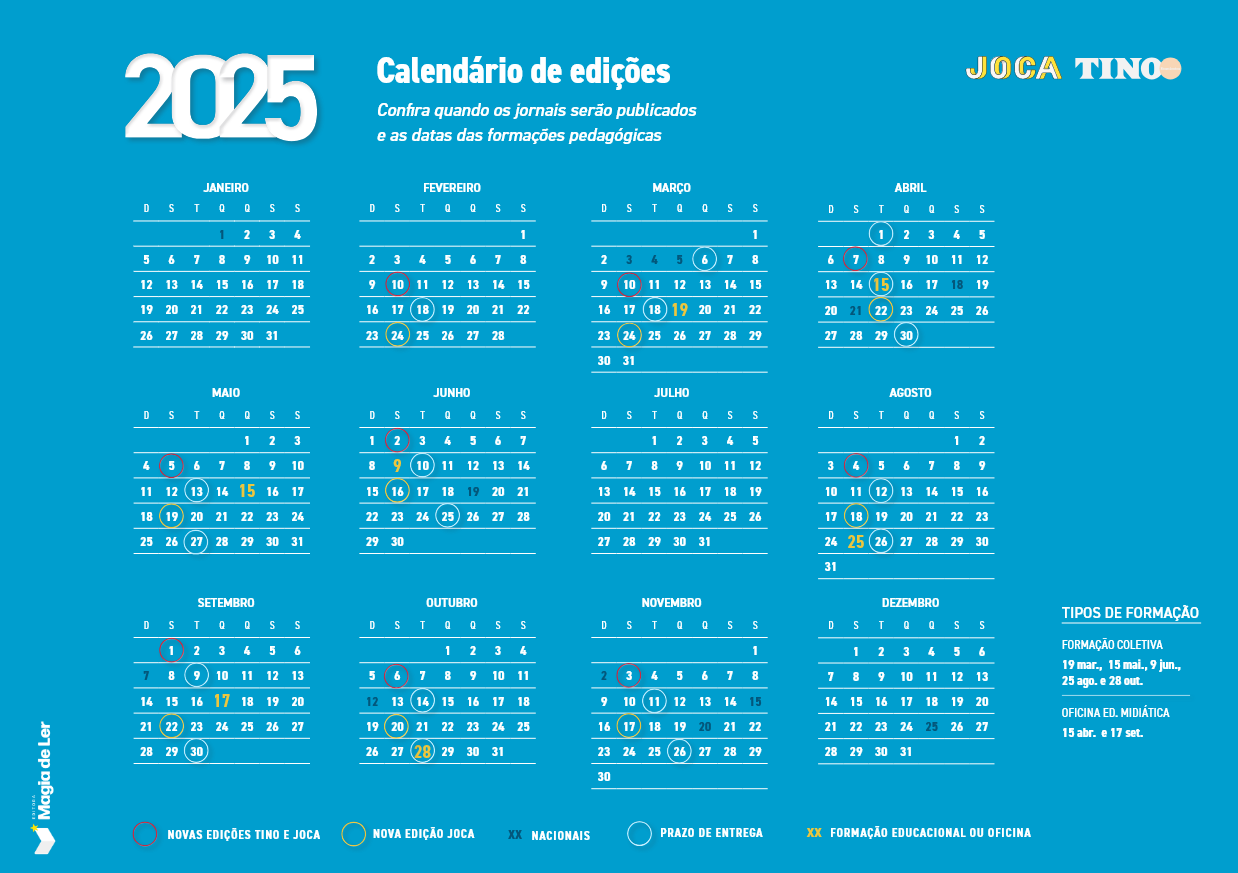






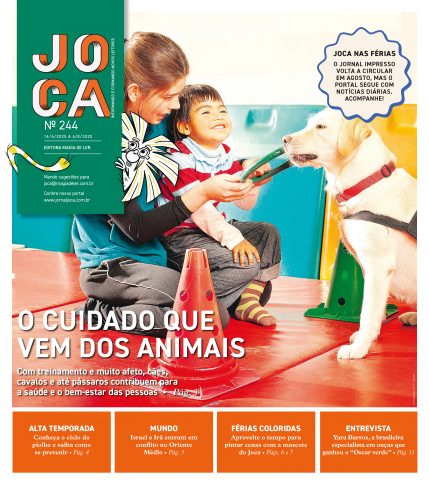

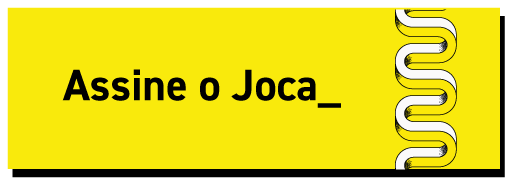

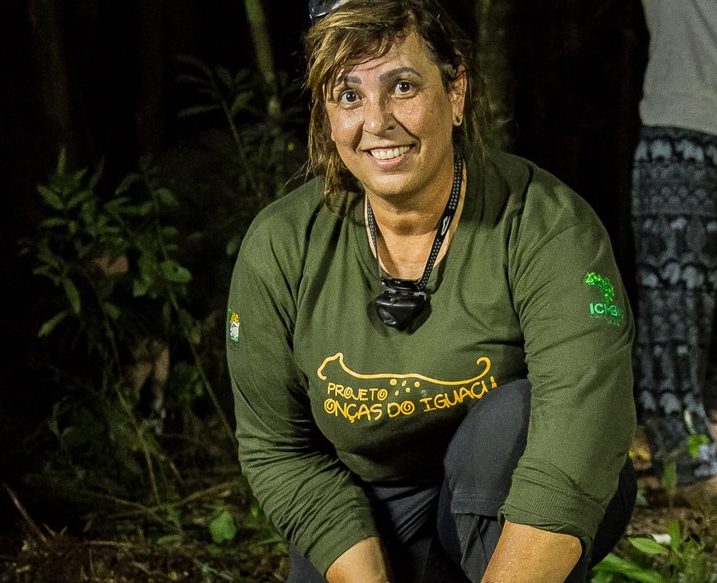

Você precisa fazer o login para publicar um comentário.